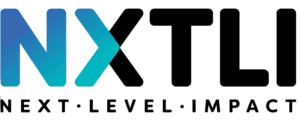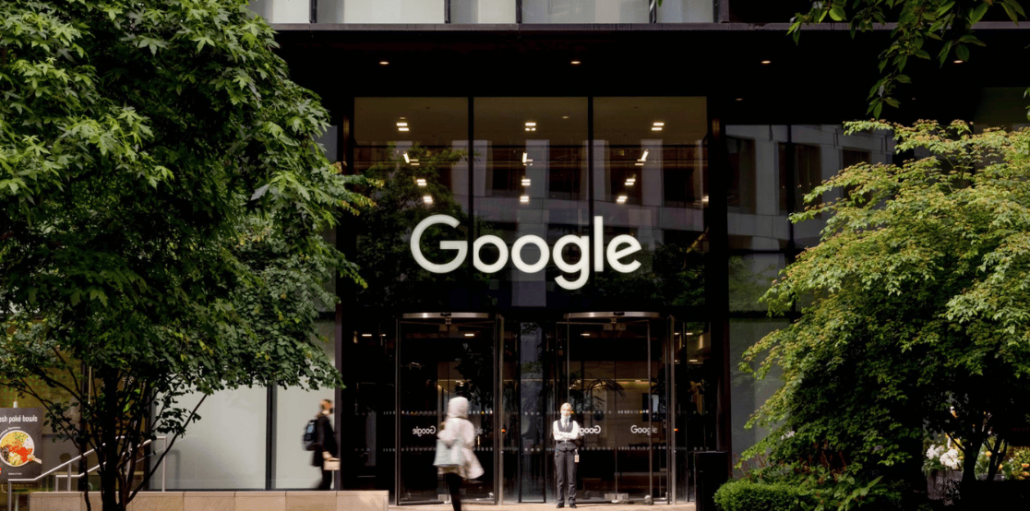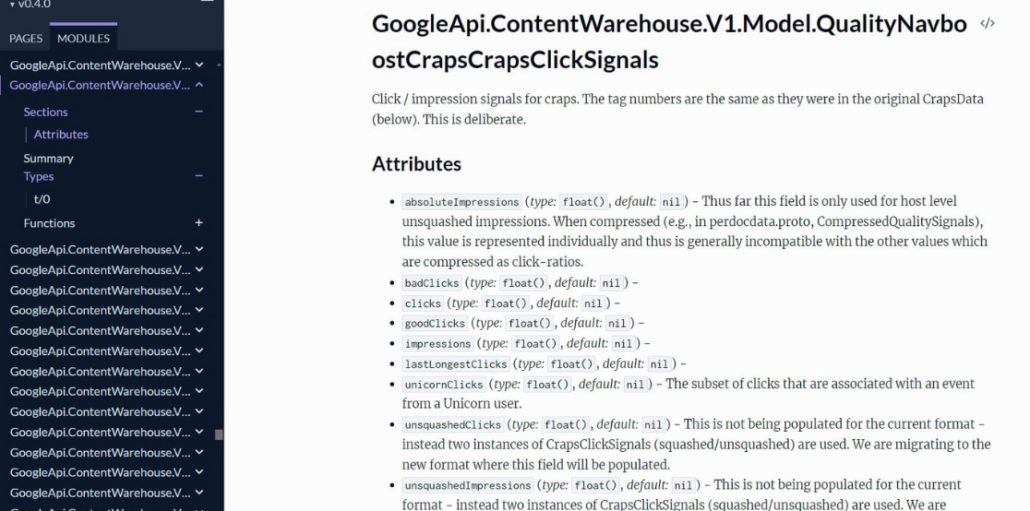The way people search and perform searches is changing. Where before people relied mostly on search engines like Google, we now see more and more users turning to AI-powered tools like ChatGPT and Perplexity to find answers. This change is leading to a new way of optimization called AIO (AI Optimization). What exactly does AIO mean, and how is it different from normal SEO (search engine optimization)? We discuss.
The shift from SEO to AIO
SEO, or Search Engine Optimization, has been the foundation of online findability for years. SEO focuses on optimizing websites and content to rank as high as possible in search results, with search engines such as Google, Bing and more. When you are doing SEO, you take into account specific keywords, backlinks and technical optimizations.
With the growth of AI-driven search, the way we search is changing and a new approach is needed in addition to SEO: AIO. In a previous article, we wrote about the shift from SEO to AIO.
Where SEO is focused on search engines, AIO is about optimizing content so that it is picked up by AI models and presented to users. This means that your content must not only be good for the algorithms an search engines, but also valuable and usable for AI-driven search systems that are increasingly becoming the norm.
How does AIO work?
The biggest difference between SEO and AIO lies in the way search queries are handled. Search engines like Google work based on keywords, among other things; the better your content is optimized for certain keywords, the more likely you will rank for that keyword in Google. AI systems, however, work differently. They understand in a deeper way the context and intent behind the user's query.
This means that if you currently put a lot of emphasis on writing content optimized for a particular keyword, you need to focus even more on writing content with depth and relevance that matches the user's needs. AI models prefer content that is complete and clear so that users get an immediate answer to their question without having to search further. So make sure you write content that really benefits users, however you normally should.
Why AIO is important for businesses
For businesses, AIO presents enormous opportunities, but also challenges. In the future, it is likely that a large portion of searches will go through AI systems. Companies that already have a lot of content need to ensure that their content remains visible within these new platforms. This will require a slightly different approach: understanding user intent and creating content that is not only informative, but also responds directly to customer demand.
Here are some important things to keep in mind for AIO:
- Focus on search intent rather than keywords: Whereas SEO is all about using the right keywords, AIO focuses more on the question behind the search query. This means optimizing your content for the real needs of the user and not just the keywords they enter. Understanding your target audience and their search behavior is important here.
- In-depth, valuable content: AI Search prefers content that is valuable and comprehensive. This means that companies that produce superficial or generic content (for example, with AI) will be less visible in AI searches. It is important to invest in good content, by working with a copywriter, for example, or an AI colleague who assists you with content writing and writes human content.
- Natural language and structured data: AI search can understand and process natural language better than general search engines. Write content as if you were having a conversation with your target audience and make sure to simplify jargon. In addition, using structured data such as schema markup on your pages is important to help AI systems understand the relevance and context of your content.
The impact of AIO on website traffic
An important point to keep in mind with AIO is the shift toward so-called zero-click searches. Tools such as ChatGPT can provide instant answers to a user's search query without requiring them to click through to a Web site. This means that businesses that rely on organic traffic must adapt to this change. However, AIO also offers opportunities: by optimizing your content for AI, you increase the likelihood that your information will be used in AI responses, which can lead to increased visibility and authority. Also when recommending/recommending products and/or services.
How do you apply AIO in your content strategy?
Applying AIO requires a proactive approach. Here are some steps you can take to use AIO effectively for your business:
- Research search intent: Understand what your target audience really wants to know. Use personas and analyze search queries to discover what questions they have and how you can respond to them.
- Create extensive content clusters: By linking related content on your website, you create valuable content clusters that will make not only Google, but AI tools see you as an authority because you write a lot about a topic.
- Get your brand talked about: Publish content on external platforms, such as trade magazines or reputable sites, and get mentions in relevant media. AI tools, like search engines, appreciate that you are being written and talked about externally in addition to your own channels. This promotes your authority.
The future of AIO and why you should start now
The shift to AIO is steady; there are already a lot of people using tools like ChatGPT to find what they are looking for. The rise of AI-driven search engines (such as Search GPT) is forcing companies to look beyond SEO and focus on creating valuable, in-depth content that is responsive to users' needs. Companies that start using AIO now will be better positioned to reach their target audience in a future where AI will play a major role in search behavior.
Take a leap forward in your marketing AI transformation every week
Every Friday, we bring you the latest insights, news and real-world examples on the impact of AI in the marketing world. Whether you want to improve your marketing efficiency, increase customer engagement, sharpen your marketing strategy or digitally transform your business. 'Marketing AI Friday' is your weekly guide.
Sign up for Marketing AI Friday for free.




